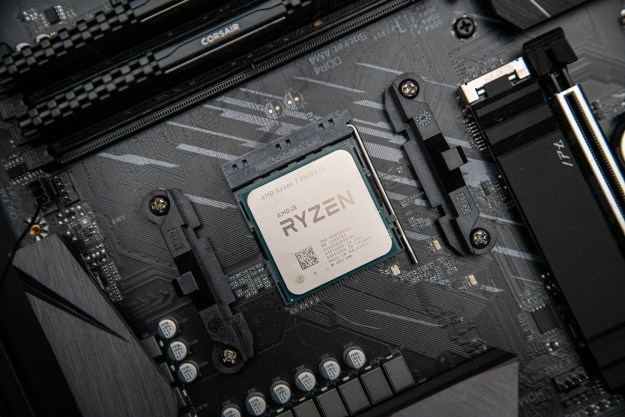
In a recent Reddit Ask Me Anything, AMD CEO Lisa Su said the company already has a list of features it wants to add to the Zen core architecture in the upcoming “Zen 2” refresh and into “Zen 3” for even more performance gains over the current Zen-based Ryzen “Summit Ridge” desktop chips. It’s part of the learning curve when developing a new product.
Instead of building upon its previous Excavator processor core architecture (2015), AMD started from scratch with Zen. That brought a 52 percent gain in Instructions Per Cycle over the previous architecture, meaning processors based on Zen can execute more instructions per clock cycle than the previous architecture. A clock cycle is the period between the two adjacent pulses of the CPU’s electronic oscillator.
That said, Zen 2 is expected to provide even more performance gains of up to 15 percent over Zen 1 and another 15 percent better performance with Zen 3. Based on Su’s Reddit statement, the company may not go with new names for its Zen architecture refreshes like it did with Bulldozer. The company introduced the Bulldozer architecture in 2011 followed by a refresh in 2012 called Piledriver, Steamroller in 2014, and Excavator in 2015.
Right now, very little is known about the Zen 2 refresh and the resulting Pinnacle Ridge processors. However, based on the projected numbers, Zen 2 is expected to see a performance leap of around 65 percent in Instructions Per Cycle over Excavator, and around 80 percent better performance with Zen 3. Adding to those gains would be process node improvement, compatibility with faster DDR4 memory, and so on.
Meanwhile, AMD is still rolling out its Zen-based carpet. The company’s first three eight-core Ryzen 7 desktop processors for enthusiasts are available now, with the 1800X model costing $500, the 1700X model costing $400, and the 1700 costing $330. AMD will follow up with the Ryzen 5 1600X and the Ryzen 5 1500X in the second quarter of 2017, and then 12 more processors throughout 2017.
AMD also plans to release APUs based on its Zen processor core architecture as well. Codenamed as Raven Ridge, these Ryzen-branded all-in-one chips are scheduled to appear in the second half of 2017 packing graphics cores based on AMD’s upcoming Vega GPU architecture. Pricing for the Raven Ridge chips is expected to be under $250.
As a refresher, AMD’s most recent APU family is the seventh-generation A-Series based on its Excavator core architecture. This new family of APUs arrived in September, so expect AMD’s Zen-based Ryzen APUs to hit the mobile scene this fall.
Editors' Recommendations
- AMD Zen 5: Everything we know about AMD’s next-gen CPUs
- AMD may finally launch what we’ve all been waiting for later this year
- AMD next-gen CPUs might deliver the biggest upgrade in years
- AMD Ryzen 7000: availability, pricing, specs, and architecture
- AMD Ryzen 9 7950X3D vs. Intel Core i9-13900K: only one choice for PC gamers



